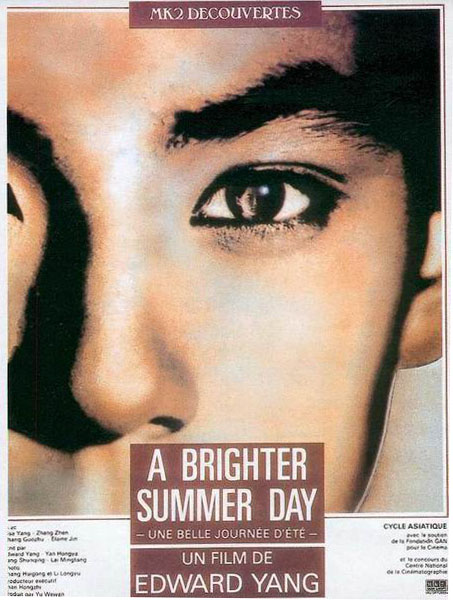




On an August morning in 1974, a French street performer named Philippe Petit spent 45 strange and wonderful minutes alone, in the air, at a height of 1,350ft, balancing on a slim steel wire that connected the newly constructed World Trade Centre towers.
Dangerous, reckless and illegal, this now legendary wire walk is the subject of Man on Wire, a superlative documentary from the director James Marsh (The King) that sports the drive of a Hollywood thriller, bears the emotional scars of real life and, like Petit himself, reaches transcendent heights.
The story here is recreated through archive material, dramatic reconstructions and interviews with those involved in the “artistic crime of the century”. It begins in heist-movie style, as 450lb (200kg) of steel cable, plus rigging and personnel are smuggled to the top of the towers under cover of darkness. Soon, however, Marsh cuts into this thrill-ride with the slowly evolving back-stories of Petit and his idealistic young collaborators. We thus get Petit crossing between the towers of Notre Dame in 1971. Then there’s Petit crossing the Sydney Harbour Bridge in 1973. And Petit slowly building his ragtag band of followers.
All along a portrait is emerging of a man alone, a vaguely megalomaniacal creature who is driven to climb by inexplicable internal forces, who is obsessed by the idea of crossing the Trade Centre towers, and who will sacrifice anything, including loved ones, to achieve this. Even in front of Marsh’s camera Petit is twitchy and energetic, jumping in and out of his seat, roaming freely. His friends, including the logistical master-mind Jean-Louis Blondeau, seem much more subdued, as if burdened by their part in Petit’s extraordinary journey (their burden is revealed in the movie’s stinging, and brilliant, coda).
When the walk itself is finally described, the movie shifts gears entirely. The limits of the medium and of language itself are sorely tested as those involved, and Marsh’s movie itself, try to articulate the strange beauty of what Petit did on that August morning. Some of the friends are reduced to tears. Marsh, however, stays in control and, with Michael Nyman’s plaintive strings on the soundtrack, and Petit framed frozen and smiling between the towers in gorgeous monochrome stills, his film becomes an homage to human endeavour and fragility in the face of certain death.
The attacks of 9/11 are never mentioned, and rightly so – this is a film about the life of the towers, not the death. But their inevitable destruction gives the movie a poignant weight, and reminds us of a time when they weren’t morbid geopolitical symbols, but giant footholds for an ambitious Frenchman.
Times Online
'It's quite remarkable that the symbol of capitalism can be transformed into a work of art, or as they cheekily put it, the Artistic Crime of the Century'
Facebook User Review


